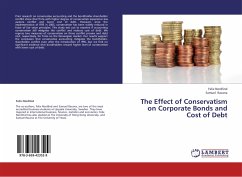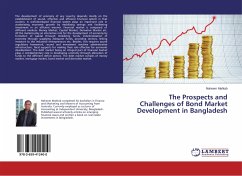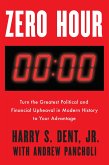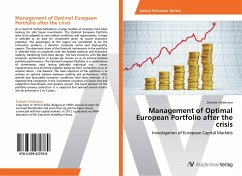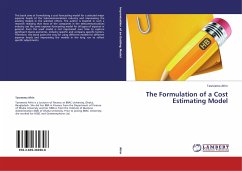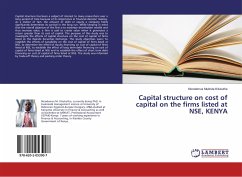Prior research on conservative accounting and the bondholder-shareholder conflict show that firms with higher degree of conservatism experience less austere conflict and lower cost of debt. However, since the implementation of IFRS in 2005, conservatism has been widely reduced in favor of fair value principles. This study sets out to examine if accounting conservatism still mitigates the conflict and reduces cost of debt. We regress two measures of conservatism on three conflict proxies and debt cost, respectively, for firms on the Norwegian market. Our results support the conclusion that conservative accounting mitigates the bondholder-shareholder conflict even after the introduction of IFRS, but we find no significant evidence that bondholders reward higher level of conservatism with lower cost of debt.

